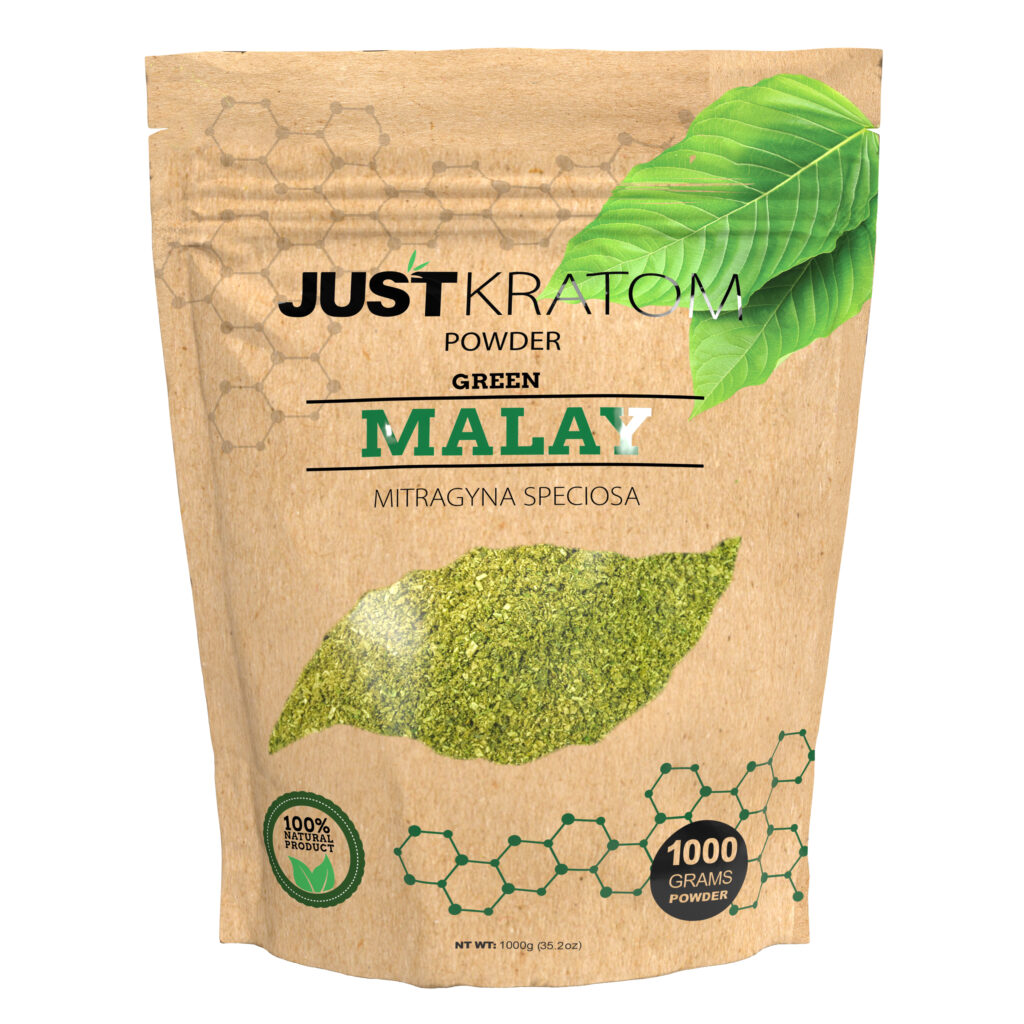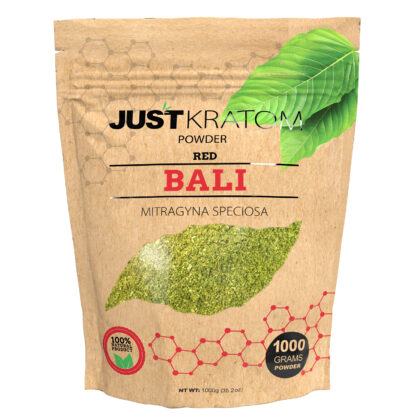The Pros And Cons Of Using Kratom Powder Daily
Pain Relief
Kratom, a tropical tree native to Southeast Asia, has gained popularity as a natural pain reliever. Its leaves contain alkaloids that can interact with opioid receptors in the brain, producing pain-relieving and mood-boosting effects. However, daily use of kratom powder carries both potential benefits and risks.
Proponents of daily kratom use cite its effectiveness in managing chronic pain, particularly for conditions like arthritis and back pain. They also suggest it can help with anxiety, depression, and fatigue. Some users report kratom’s ability to reduce opioid withdrawal symptoms, though this should be approached cautiously.
On the other hand, daily kratom use carries significant concerns. Long-term effects are poorly understood, and there is a risk of developing dependence and tolerance. High doses can lead to adverse reactions like nausea, vomiting, constipation, and confusion. Kratom has also been linked to liver damage in some cases.
It’s crucial to consult a healthcare professional before using kratom, especially for daily use. They can assess potential benefits and risks based on individual health history and needs. Additionally, it is important to be aware of legal restrictions surrounding kratom, as its legality varies by location.
Mood Elevation
While kratom is often touted for its mood-elevating effects, daily use can have a complex impact on one’s emotional well-being. Some users report experiencing reduced anxiety and feelings of euphoria, which might temporarily elevate their mood. However, this effect may be accompanied by dependence and tolerance, leading to a need for increasingly higher doses to achieve the same results. Furthermore, kratom withdrawal can manifest as irritability, anxiety, and depression, potentially exacerbating existing emotional difficulties.
Energy Boost
While kratom is often touted for its mood-elevating effects, daily use can have a complex impact on one’s emotional well-being. Some users report experiencing reduced anxiety and feelings of euphoria, which might temporarily elevate their mood. However, this effect may be accompanied by dependence and tolerance, leading to a need for increasingly higher doses to achieve the same results. Furthermore, kratom withdrawal can manifest as irritability, anxiety, and depression, potentially exacerbating existing emotional difficulties.
Addiction Potential
Kratom’s impact on mood is complex and potentially problematic with daily use. While some experience initial euphoria and reduced anxiety, this often leads to dependence and tolerance, requiring higher doses for the same effect. Kratom withdrawal can exacerbate emotional issues, causing irritability, anxiety, and depression.
Withdrawal Symptoms
While kratom’s impact on mood is complex and potentially problematic with daily use. Some experience initial euphoria and reduced anxiety, this often leads to dependence and tolerance, requiring higher doses for the same effect. Kratom withdrawal can exacerbate emotional issues, causing irritability, anxiety, and depression.

- Euphoria and reduced anxiety
- Dependence and tolerance
- Irritability, anxiety, and depression during withdrawal
Gastrointestinal Issues
Gastrointestinal issues can be a significant side effect of kratom use. The alkaloids in kratom can interfere with the digestive system.
Common gastrointestinal problems associated with kratom include nausea, vomiting, constipation, and diarrhea. These effects are often dose-dependent, meaning higher doses are more likely to cause severe symptoms.
Some individuals may experience these symptoms even with lower doses of kratom.
It’s important to note that individual responses to kratom can vary widely, and not everyone who uses kratom will experience gastrointestinal issues.
Cardiovascular Risks

%h2%Cardiovascular Risks%
While kratom’s primary effects are related to pain relief and mood alteration, potential cardiovascular risks associated with its use should be considered. Kratom can affect blood pressure and heart rate, potentially leading to adverse outcomes in individuals with pre-existing cardiovascular conditions.
Research on kratom’s long-term cardiovascular effects is limited, and more studies are needed to fully understand the potential risks. However, it’s prudent to exercise caution, especially for individuals with a history of heart disease, hypertension, or other cardiovascular concerns.
Legal Status & Regulations
The legal status of kratom varies widely across the globe. In some countries, it is completely banned, while in others it is legal and sold freely. In the United States, kratom’s legal standing is a complex patchwork.
At the federal level, kratom is not currently classified as a controlled substance, meaning it is not explicitly illegal under U.S. law. However, several states have enacted their own bans or restrictions on kratom. The Drug Enforcement Administration (DEA) has previously attempted to classify kratom as a Schedule I drug, but these efforts have been met with resistance from advocacy groups and lawmakers.
Due to the shifting legal landscape surrounding kratom, it’s essential to research the specific laws in your jurisdiction before purchasing or using this substance. It is also important to note that even where kratom is legal, regulations regarding its sale and distribution may vary.
Get your Kratom Powder from Just Kratom Store
- Why Demigender Identities Are Important In The Fight For Gender Inclusivity - November 18, 2025
- What Is The Best Non Surgical Neck Tightening? - November 15, 2025
- What Are The Benefits Of Using CBD Gummies For Mental Well-Being - November 12, 2025
